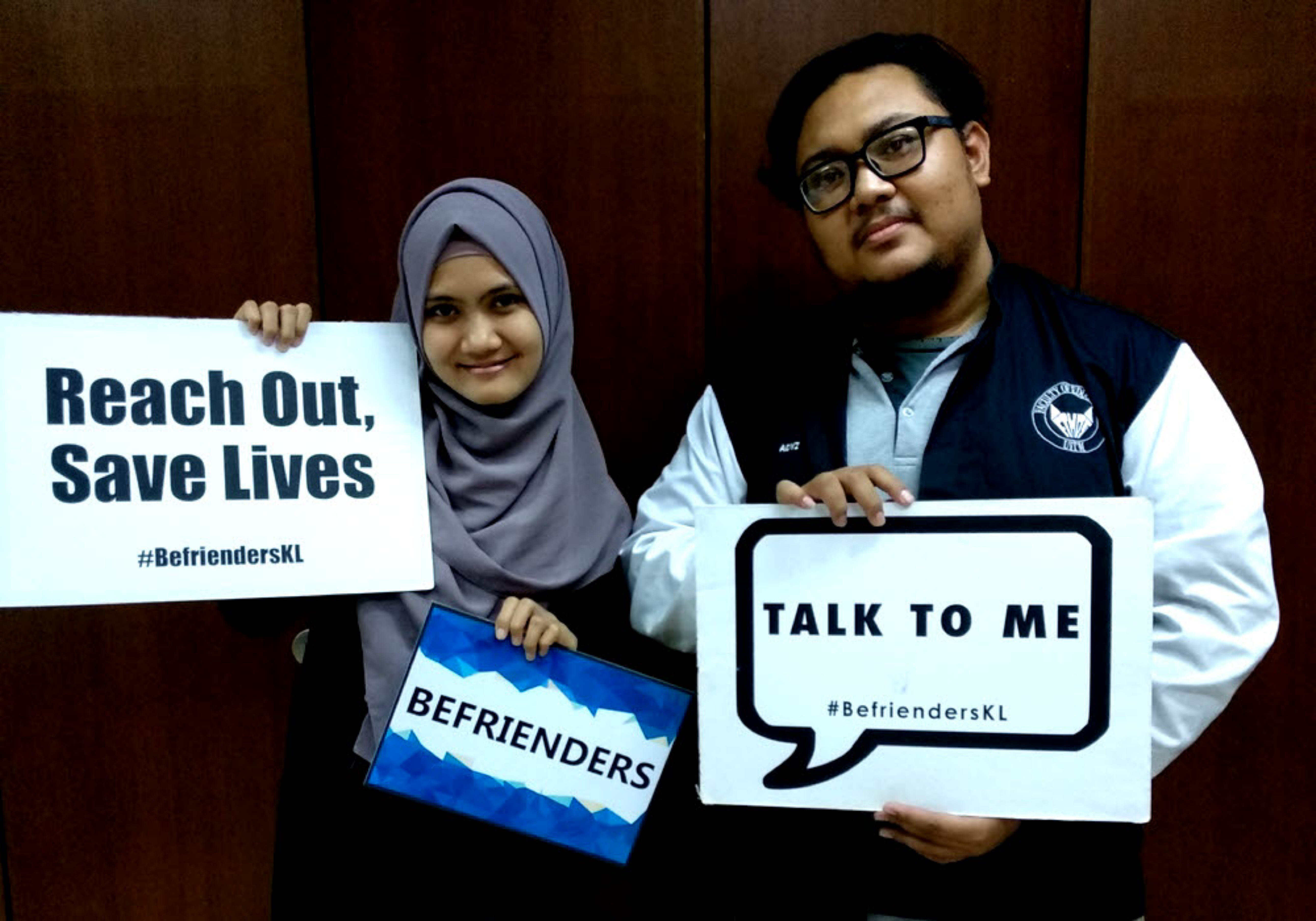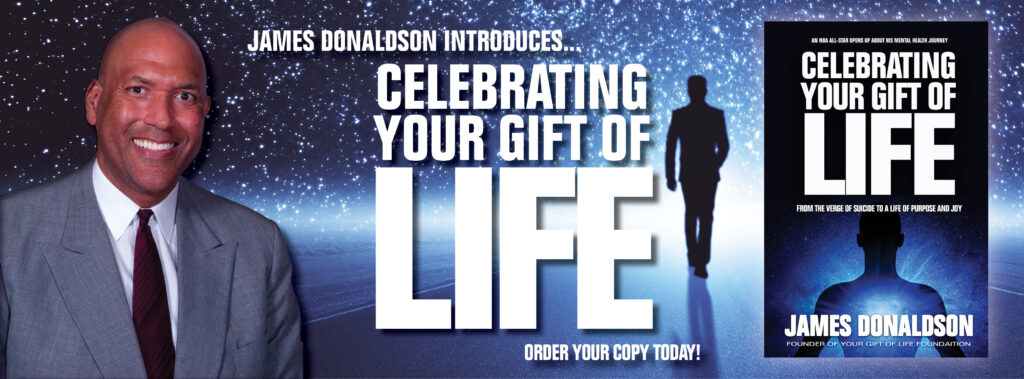

Recognizing signs of anxiety and ways to get help
Anxiety has become a common topic of conversation more and more. That’s likely because many people may have experienced at least some anxiety at one time or another. Anxiety might happen as a reaction to relationships, health, school, work, finances, unexpected changes, big life events — any number of things. At times, anxiety may be considered a healthy emotion — in some moments, it may alert you to pay better attention to your mental health. However, when your thoughts or concerns become intrusive and “what-if” worries start to affect your daily life, you may have an anxiety disorder.
What is an anxiety disorder?
An anxiety disorder is defined as having racing thoughts or feelings paralyzed by fear, or when thoughts feel out of control.1 More than 40 million adults in the United States alone are impacted by anxiety disorders.2
What causes anxiety?
Although the exact cause of anxiety is unknown, research points to the fact that genetic factors and negative events or stressful life experiences may play a role. Some health conditions or medication side effects may also produce or aggravate symptoms.2
Signs and symptoms of an anxiety disorder
Signs and symptoms may include:2
- Thoughts that won’t go away
- A hard time focusing or concentrating
- Avoiding certain situations out of worry
- Using substances (alcohol, drugs, tobacco) to cope
- Eating more or less than usual
- Experiencing a sense of perceived danger or doom
- Feeling nervous or on edge
- Feeling weak or fatigued
- Feeling restless
- Increased heart rate
- Fast breathing
- Headaches
- Muscle pain
- Not being able to sleep
- Stomach pain
- Feeling dizzy or lightheaded
When should I seek professional help for anxiety?
If you're experiencing any of the signs if anxiety indicated above, it may be time to get help. It takes courage to ask for help, but it’s an important first step. A behavioral health specialist may be able to help you find ways to cope with anxiety and manage your thoughts and worries. Learn how to choose a mental health provider.
If you or a loved one has suicidal thoughts or plans, call 911 right away. The 988 Suicide and Crisis Lifeline is also available 24/7, providing confidential support and prevention and crisis resources. Call 988 or chat online at 988lifeline.org/chat. For TTY users, use your preferred relay service or dial 711 then 988.
Why it may be important to seek help for anxiety
It’s not uncommon for those struggling with anxiety to hope the issue will go away on its own. The reality is — if left untreated — symptoms may get much worse. With the right combination of therapy, stress management and medication, anxiety is considered treatable.2
Ways to help reduce anxiety3
- Stop what you are doing. Close your eyes. Breathe in and breathe out slowly.
- Eat well-balanced meals.
- Get enough good sleep — create a schedule and try not to use cell phones or laptops in bed.
- Focus on what you may be able to change.
- Find time to exercise.
- Limit alcohol and caffeine.
- Retrain your brain to think positive thoughts — you may be able to “uncreate” that negative thought by reframing it.
- Bring yourself back to the moment by doing something tangible — hold an ice cube or rub a soft piece of fabric between your fingers. The sensation can engage your senses (your thoughts can’t be two places at once).
- Redirect your energy to something else (Go for a walk. Clean. Watch a funny video).
If you are having trouble managing your fears and worries, you may want to think about seeking professional help as outlined above. Offer yourself grace. You deserve compassion and understanding as you try to regain your footing.
#James Donaldson notes:
Welcome to the “next chapter” of my life… being a voice and an advocate for #mentalhealthawarenessandsuicideprevention, especially pertaining to our younger generation of students and student-athletes.
Getting men to speak up and reach out for help and assistance is one of my passions. Us men need to not suffer in silence or drown our sorrows in alcohol, hang out at bars and strip joints, or get involved with drug use.
Having gone through a recent bout of #depression and #suicidalthoughts myself, I realize now, that I can make a huge difference in the lives of so many by sharing my story, and by sharing various resources I come across as I work in this space. #http://bit.ly/JamesMentalHealthArticle
Find out more about the work I do on my 501c3 non-profit foundation
website www.yourgiftoflife.org Order your copy of James Donaldson's latest book,
#CelebratingYourGiftofLife: From The Verge of Suicide to a Life of Purpose and Joy
Link for 40 Habits Signup
bit.ly/40HabitsofMentalHealth

www.celebratingyourgiftoflife.com
Types of anxiety
It may help to know that there are different types of anxiety disorders. Knowing which type you may be dealing with may be another way to help you better understand how to cope and seek help if you need it.
Learn about the different types of anxiety disorders
Generalized anxiety disorder4
Social anxiety disorder/social phobia2
Panic disorder4
Post-traumatic stress disorder (PTSD)
Phobias

https://standingabovethecrowd.com/james-donaldson-on-mental-health-anxiety-and-anxiety-disorders/


No comments:
Post a Comment